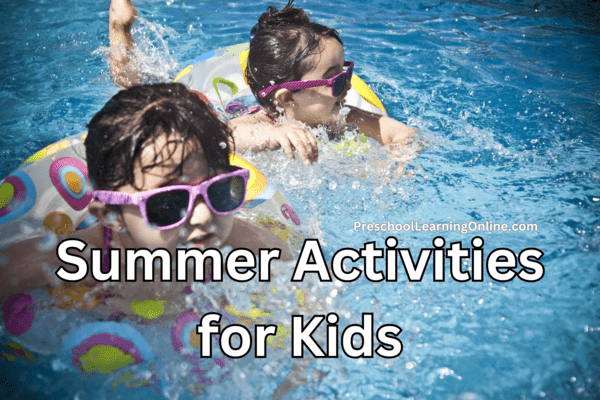Establishing a Secure and Engaging Learning Environment for Preschoolers Designing a secure and stimulating preschool environment is imperative for nurturing the comprehensive development of young learners. Preschool marks the starting point of a child’s educational journey, influencing their cognitive, social, and emotional growth. Educators are pivotal in creating a nurturing space that not only prioritizes safety but also encourages curiosity and creativity. This article delves into essential strategies for building a preschool environment that emphasizes safety and engagement. 1. Prioritize Classroom Safety: The foundation of any preschool setting lies in ensuring safety. Educators should thoroughly assess the physical space to identify potential hazards, secure furniture, remove sharp objects, and implement childproof measures on electrical outlets. Regular safety drills, such as fire evacuations, should be practiced to familiarize both educators and students with appropriate procedures. Additionally, maintaining a well-defined health and hygiene protocol, including proper sanitation measures, is crucial for preventing the spread of illnesses. 2. Foster a Welcoming and Inclusive Atmosphere: A safe preschool environment extends beyond physical safety to include emotional safety. Establishing a welcoming and inclusive atmosphere is crucial for building trust among young learners. Educators must be attuned to the diverse backgrounds and needs of their students, promoting an environment where everyone feels valued and respected. This inclusivity forms the basis for positive social interactions and emotional well-being. 3. Thoughtful Classroom Organization: The layout of the preschool classroom significantly impacts the learning experience. Organize the space to include dedicated areas for various activities, such as reading corners, art stations, and play areas. Ensure that materials and resources are easily accessible, encouraging independent exploration. Well-defined spaces for group activities and quiet time aid in managing the energy levels of young learners throughout the day. 4. Engage with Stimulating Learning Materials: Stimulating preschool environments are filled with age-appropriate learning materials that cater to different learning styles. Incorporate a mix of hands-on activities, educational games, and visually appealing resources to capture the children’s interest. Regularly rotating materials keeps the environment dynamic and fosters curiosity. Involving students in choosing and organizing materials promotes a sense of ownership and responsibility. 5. Create Inviting Outdoor Play Spaces: Physical activity is integral to a child’s development, and outdoor play spaces offer numerous benefits. Ensure that the outdoor area is secure, and age-appropriate equipment is available. Natural elements such as plants and sensory gardens enhance the outdoor experience, providing opportunities for exploration and discovery. Structured playtime not only promotes physical health but also encourages social interaction and cooperation among preschoolers. 6. Establish Effective Communication: Establishing open lines of communication with both parents and students is vital for creating a supportive preschool environment. Regular newsletters, parent-teacher conferences, and communication apps can keep parents informed about their child’s progress and upcoming activities. Educators should also encourage young learners to express themselves, fostering effective communication skills from an early age. 7. Embrace Routine and Consistency: Preschoolers thrive on routine and consistency. Establishing a predictable daily schedule helps children feel secure and understand expectations. Clearly defined transitions between activities




